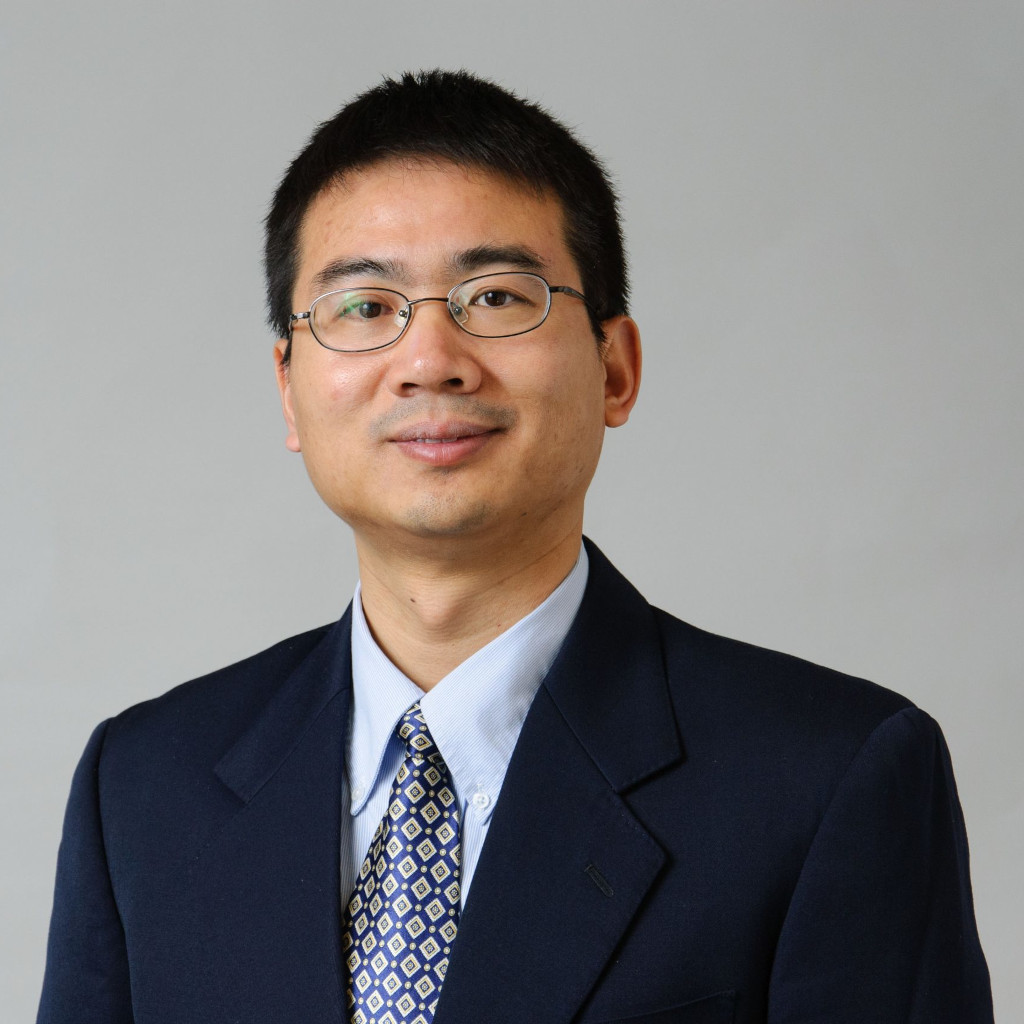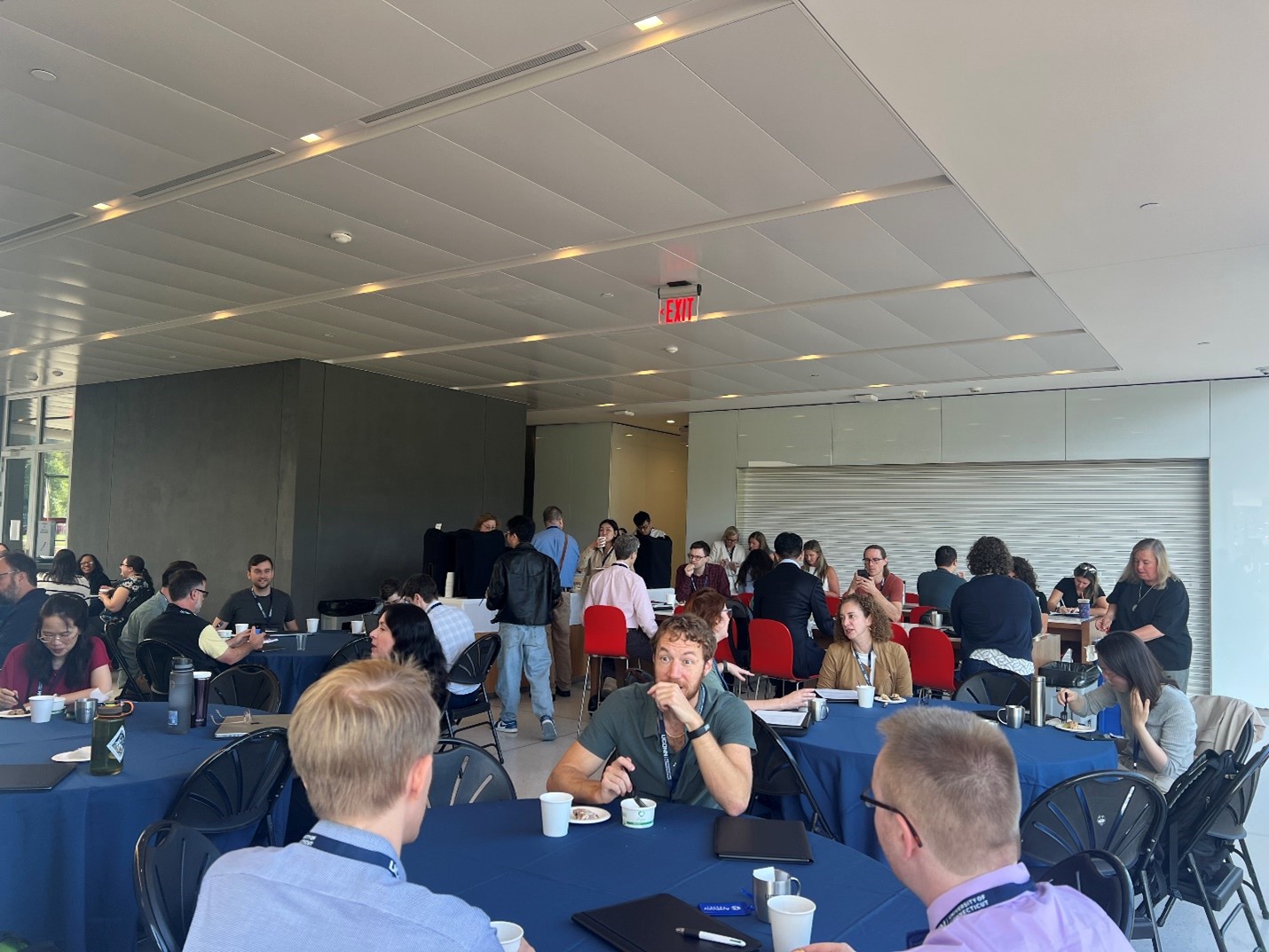Dear Colleagues,
As you know, the federal government is implementing significant changes to research funding priorities and allocations. In this context, we want to reaffirm our institution’s commitment to supporting faculty research, especially during the critical pre-tenure period.
First and foremost, this is not a one-size-fits-all situation. The effects of these changes on pre-tenure faculty will vary by field, funding agency, and the individual research trajectories of faculty members.
Given these variabilities, at this time, the administration is not planning to petition the Board of Trustees to implement a universal extension of the tenure clock, as we did during the Covid-19 pandemic. We are in active communication with peer institutions, and this approach is in alignment with similar institutions nationwide. Schools and Colleges are working with the Office of the Vice President for Research (OVPR) to assess the current funding landscape and will work with the Provost’s Office to identify and address any field-specific impacts on their promotion, tenure, and reappointment (PTR) processes.
We strongly encourage each faculty member to take a proactive approach in assessing how the federal funding changes may affect their research and engage in strategic planning for their tenure application as part of the PTR process.
Below are some key points that pre-tenure faculty should consider, in alignment with the OVPR guidance:
- Stay Informed and Engaged
Federal agencies including the NSF, NIH, DOE, and others, are adjusting funding mechanisms, research priorities, and review processes. The OVPR has been providing briefings and resources to help faculty navigate these changes and has established four task forces to help the university community understand and respond to these changes effectively. If you are interested in joining a taskforce, please contact Matt Mroz (matthew.mroz@uconn.edu).
- Diversify Funding Sources
Given potential shifts in federal allocations of research funding, it is prudent to explore alternative funding sources, including:
- Private foundations
- Industry partnerships
- State and local funding opportunities
- Interdisciplinary collaborations that align with new funding priorities
- Institutional support, including small and large grants, seed funding, and limited bridge funding that may be available through the Schools and Colleges and Centers and Institutes.
- Align Research with Emerging Federal Priorities (Where Feasible)
While maintaining scholarly identity is paramount, faculty should consider how their research can intersect with emerging federal priorities such as AI, quantum, and data science; biotechnology and health sciences with a focus on chronic disease; and national security. Adjustments in framing or collaboration may increase funding potential.
- Maintain Open Communication with Mentors, Department Leadership, School/College Leadership, and OVPR
Pre-tenure faculty should draw on their department head, senior colleagues, dean and associate deans, center/institute directors, and the OVPR as essential resources. Regular conversations about tenure expectations, funding realities, and evolving research trajectories can help faculty make informed decisions about their scholarly path.
- Utilize Institutional Support Services
The OVPR offers many resources to support faculty in this work, including proposal development assistance (e.g., proposal coordination, writing, editing, review), grant-writing workshops, and communication resources.
Please know that the guidance for associate professors working toward their promotion to full professor is much the same, since they may face similar challenges in this funding landscape. Associate professors often have access to greater resources—such as unrestricted fund accounts, well-equipped labs, and extensive professional networks—that can help them navigate a shifting funding landscape. They should be intentional about leveraging these assets to sustain their research productivity. Associate professors should discuss their individual timeline for promotion with their department head or dean since the promotion timeline for associate professors is more flexible than the tenure timeline.
And a note to full professors: While you, too, may be facing similar funding challenges, your leadership and experience are especially valuable during this time—serving as a critical resource for colleagues, department heads, deans, and the OVPR. We are grateful for the numerous instances of mentorship and support that we have already seen senior faculty offer their more junior colleagues. Please remember that a sympathetic ear, a bit of sound advice, or a problem-solving brainstorm session can make an enormous difference alongside institutional supports.
Faculty who have questions or need guidance tailored to their specific circumstances should not hesitate to reach out to the OVPR regarding research and their department head, dean, and/or the Provost’s Office regarding the PTR process and expectations.
Please remember that if you encounter funding-related roadblocks or receive notification of changes to a federal research grant that you have already been awarded, you should reach out immediately to OVPR (research@uconn.edu) to explore available support mechanisms. The OVPR website provides essential guidance regarding the steps you need to take.
Although the funding landscape is evolving, we want to emphasize to all faculty that you are not navigating these challenges alone. We remain steadfast in our commitment to supporting your research productivity and professional success at every stage of your career.
This is certainly a time of extraordinary change that is testing our researchers, but our strong sense of community and commitment to UConn’s mission as a flagship Land and Sea Grant institution will see us through these challenging times, as they have in difficult times before. We are grateful every day to work with such outstanding colleagues.
Sincerely,
Anne D’Alleva, Ph.D.
Provost & Executive Vice President for Academic Affairs
Pamir Alpay, Ph.D.
Vice President for Research, Entrepreneurship, and Innovation








